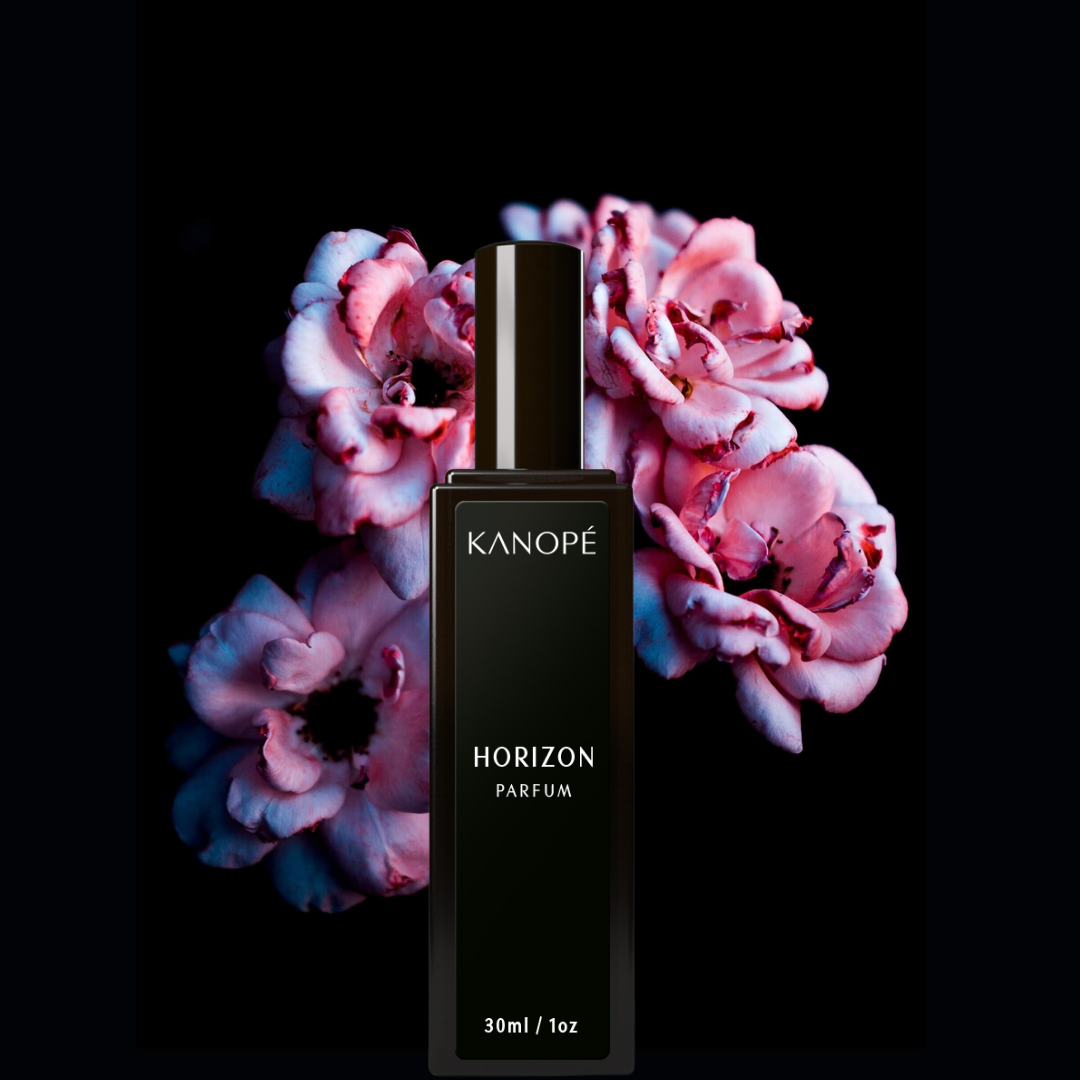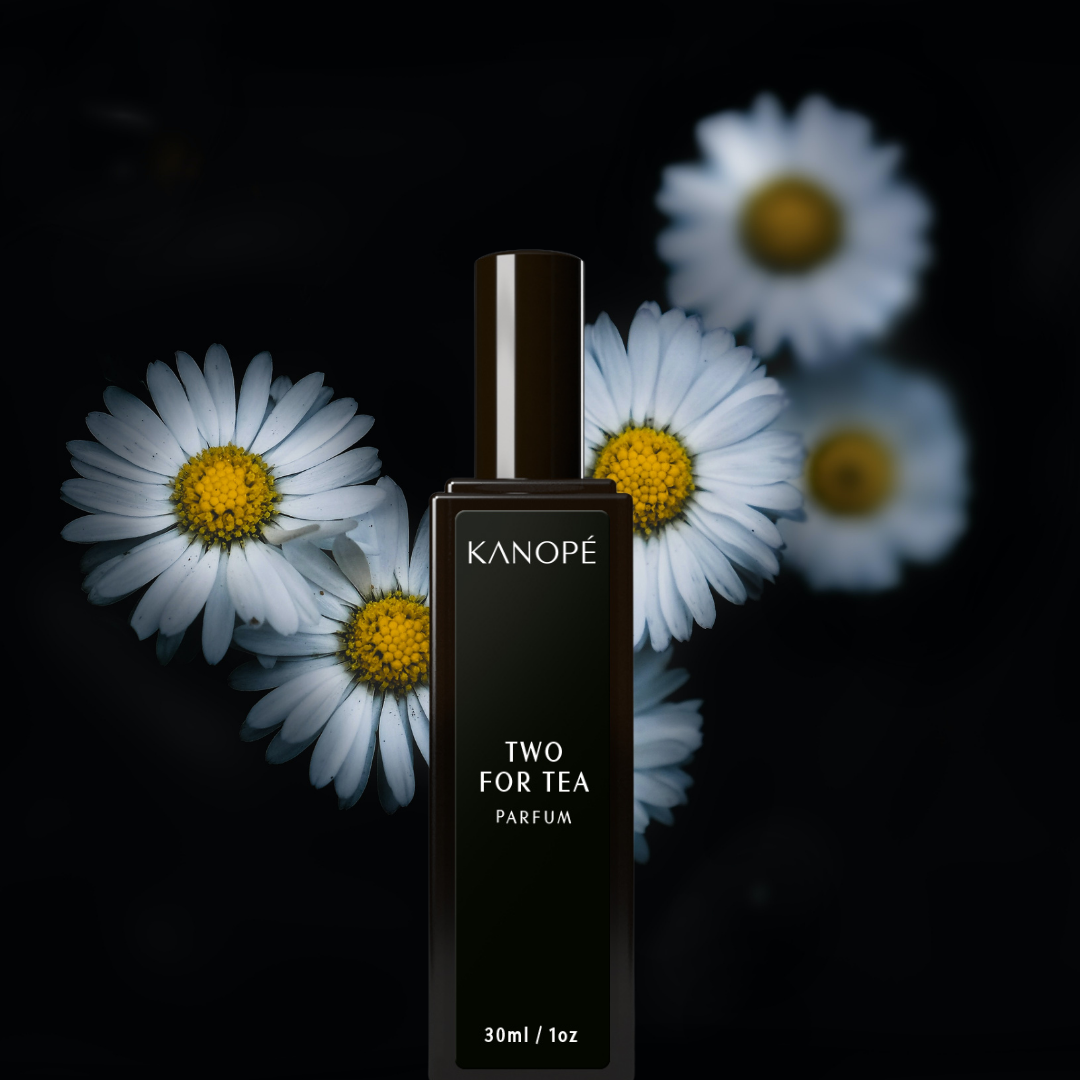Scents that do us good: Support for the change of season
Autumn is upon us, bringing with it cooler days and warmer colors. But this transition to the colder, darker months can affect our energy, well-being and even mood. What we often forget is that scents can play a powerful role in our emotional and physical balance. As a perfumer specializing in natural fragrances, I see every day how scents influence our state of mind and can transform our days.
Let's discover the scents that can accompany us through this period of change.
The impact of scents on our well-being
Smells are intimately linked to our emotional brain. They can bring back memories, comfort us, soothe us, even energize us. As autumn approaches, when light fades and temperatures drop, we often feel the need for warmth and comfort. This is where certain essential oils can have a real impact: they awaken our vitality, balance our emotions and support our well-being.
What is an essential oil?
An essential oil is an aromatic concentrate extracted from plants, containing therapeutic properties. As a natural perfume designer, essential oils are at the heart of my creations. They're not just perfumery ingredients; they're also genuine allies for everyday well-being. Each one has its own properties, and some are particularly effective in helping us through periods of transition, such as autumn. (The power of essential oils)

Essential oils for a healthy autumn
Here are some essential oils that can support you during this season:
- Sweet orange essential oil: its fresh, slightly sweet fragrance is a real ray of sunshine on grey days. It helps to restore joy and lightness, while soothing accumulated tension.
- Cinnamon essential oil: this warm, spicy scent immediately evokes comfort. It's perfect for warming the spirit and boosting vitality, especially in autumn when fatigue is making itself felt.
- Rosemary essential oil: is an energizing essential oil that awakens the mind and helps improve concentration. It has a stimulating facet, ideal for this period of transition.
- Eucalyptus radiata essential oil: with its fresh, purifying fragrance, eucalyptus helps to clear the respiratory tract and boost natural defenses. It's a must-have oil as winter approaches.
- True lavender essential oil: soothing and balancing, lavender is an oil that brings precious serenity when anxiety rises with the start of the new school year. It's ideal for a moment of calm at the end of the day.
How to integrate essential oils into your daily routine
Essential oils can be integrated into your daily routine in a variety of ways. Here are a few ideas to help you make the most of them:
- Diffusion: Use a diffuser to create a soothing or energizing atmosphere in your home. The scents diffuse into the air, enveloping your surroundings in an aura of well-being. (Home fragrance blog article)
- In a relaxing bath: Adding a few drops of essential oil (diluted in a neutral base) to your bath combines the relaxing effect of hot water with the aromatic benefits of the oils.
- Massage: Dilute the oils in a vegetable oil and massage your temples, neck or wrists. It's an intimate and effective way to enjoy their benefits.
- In natural fragrances: As a perfumer, I'm lucky enough to work every day with these precious essences to create scents that are not only pleasant to smell, but also bring emotional and energetic well-being. Each fragrance is a unique combination of essential oils, designed to transport you and offer a moment of serenity and escape.

How to choose a quality essential oil
Today, it's not uncommon to find products labeled as essential oils that, unfortunately, aren't really essential oils at all. It can therefore be difficult to know whether the oils we buy are truly pure and of high quality. To make sure you're choosing genuine essential oils, there are several criteria to check, and these must be mentioned on the bottle.
- Botanical species: There are several species of certain plants. It is therefore essential that the full name of the essential oil appears on the label, along with its Latin name, to be sure of its origin.
- The part of the plant distilled: Depending on the plant, different parts may be used (flowers, leaves, bark, etc.). This information must be specified, as it influences the oil's properties.
- Chemotype: This is the specific chemical composition of the essential oil, which can vary according to growing region or climatic conditions. A precise chemotype guarantees that the oil contains the right active compounds to achieve the desired effects.
- Organic or wild-crafted quality: For the best quality essential oil, check whether it is certified organic or wild-crafted, which guarantees the absence of pesticides and chemicals.
By checking these criteria, you can be sure of choosing high-quality essential oils. To help you do this, we recommend Noblessence and Zayat Aroma essential oils, whose purity and quality are guaranteed, offering an authentic and reliable olfactory experience.
Cautions when using essential oils
Although essential oils have many benefits, it's important to use them with care, as they are highly concentrated and can be powerful. Here are a few tips for safe use:
- Always dilute essential oils: They should never be applied pure to the skin, except in specific cases and with oils such as lavender or tea tree. Always dilute them in a vegetable oil before application.
- Perform a skin tolerance test: Before using an essential oil on the skin, it is advisable to perform a test in the crease of the elbow to check for allergic reactions.
- Avoid certain oils during pregnancy and breast-feeding: Certain essential oils, such as cinnamon, rosemary or peppermint, are not recommended for pregnant or breast-feeding women.
- Do not ingest without medical advice: The ingestion of essential oils should always be supervised by a health professional, as some may be toxic.
- Beware of photosensitization: Some oils, such as sweet orange or lemon, are photosensitizing and should not be applied before exposure to the sun.
- Do not use on children under 6: Children are more sensitive to essential oils, and some of them are not recommended for young children. It is preferable to consult a professional before use.

In this season of change, it's important to take care of yourself, and natural scents and fragrances can be your best allies to comfort, revitalize and guide you towards deep well-being.













Leave a comment